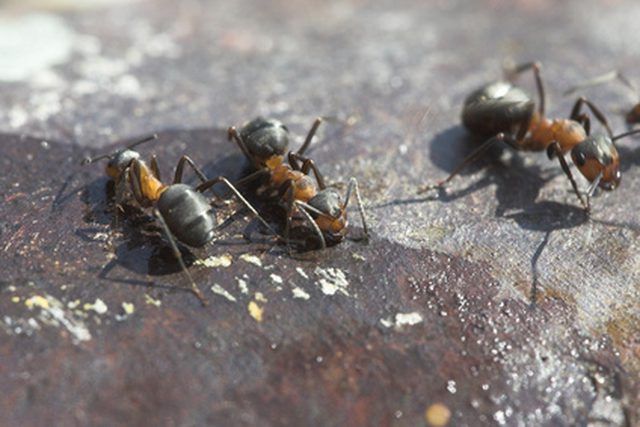Bulbs
Flower Basics
Flower Beds & Specialty Gardens
Flower Garden
Garden Furniture
Garden Gnomes
Garden Seeds
Garden Sheds
Garden Statues
Garden Tools & Supplies
Gardening Basics
Green & Organic
Groundcovers & Vines
Growing Annuals
Growing Basil
Growing Beans
Growing Berries
Growing Blueberries
Growing Cactus
Growing Corn
Growing Cotton
Growing Edibles
Growing Flowers
Growing Garlic
Growing Grapes
Growing Grass
Growing Herbs
Growing Jasmine
Growing Mint
Growing Mushrooms
Orchids
Growing Peanuts
Growing Perennials
Growing Plants
Growing Rosemary
Growing Roses
Growing Strawberries
Growing Sunflowers
Growing Thyme
Growing Tomatoes
Growing Tulips
Growing Vegetables
Herb Basics
Herb Garden
Indoor Growing
Landscaping Basics
Landscaping Patios
Landscaping Plants
Landscaping Shrubs
Landscaping Trees
Landscaping Walks & Pathways
Lawn Basics
Lawn Maintenance
Lawn Mowers
Lawn Ornaments
Lawn Planting
Lawn Tools
Outdoor Growing
Overall Landscape Planning
Pests, Weeds & Problems
Plant Basics
Rock Garden
Rose Garden
Shrubs
Soil
Specialty Gardens
Trees
Vegetable Garden
Yard Maintenance
Borax Treatment for Ants
Borax Treatment for Ants. Ant infestation is a common problem in every household and may be particularly troublesome in warm climates, but with more people concerned about using pesticides and the resulting runoff into nearby lakes and streams, the use of Borax, or boric acid, is on the rise.

Ant infestation is a common problem in every household and may be particularly troublesome in warm climates, but with more people concerned about using pesticides and the resulting runoff into nearby lakes and streams, the use of Borax, or boric acid, is on the rise.
Definition
Borax is a naturally-occurring mineral whose technical name is sodium borate, or sodium tetraborate, and comes from mines in the U.S., Chile and Tibet. It has many other uses other than as an insecticide, such as a flame retardant and in insulation, makeup, detergents and other types of cleaners.
Function
Borax works in two ways as an insecticide. Ants groom themselves constantly, and when they ingest the Borax, it acts as a stomach poison, and they die of starvation. The dry powder also acts as a desiccant, scratching and drying out their exoskeletons so that they dehydrate and die.
Toxicity of Borax
While being less toxic than other chemical pesticides, Borax has still been linked to health problems, so careful handling and application is necessary. Borax should not be used where children and pets can get at it, as it is very toxic when ingested. Borax can also be an irritant to the skin and respiratory system, so gloves and a dust mask should be used when working with it.
Application
You can make your own ant baits by mixing 2 tsp. of Borax in ? cup water, then mixing in 1 cup of dark or light corn syrup. Pour into bottle caps or jar lids and place where ants have been seen entering the house. You can also apply this bait to masking tape and stick it onto where you have seen the ants. You can also sprinkle the dry Borax powder behind refrigerators and stoves and under cabinets. Be sure to keep it out of the reach of children and pets. Borax can also damage grass and plants, so make sure any runoff of Borax solution or powder is removed from those areas.
Where to Get Borax
You can get Borax powder at any supermarket in the laundry detergent aisle. It is also available at hardware stores. Boric acid, another form of Borax, is also available at drugstores, but is sold in a smaller quantity for a higher price.